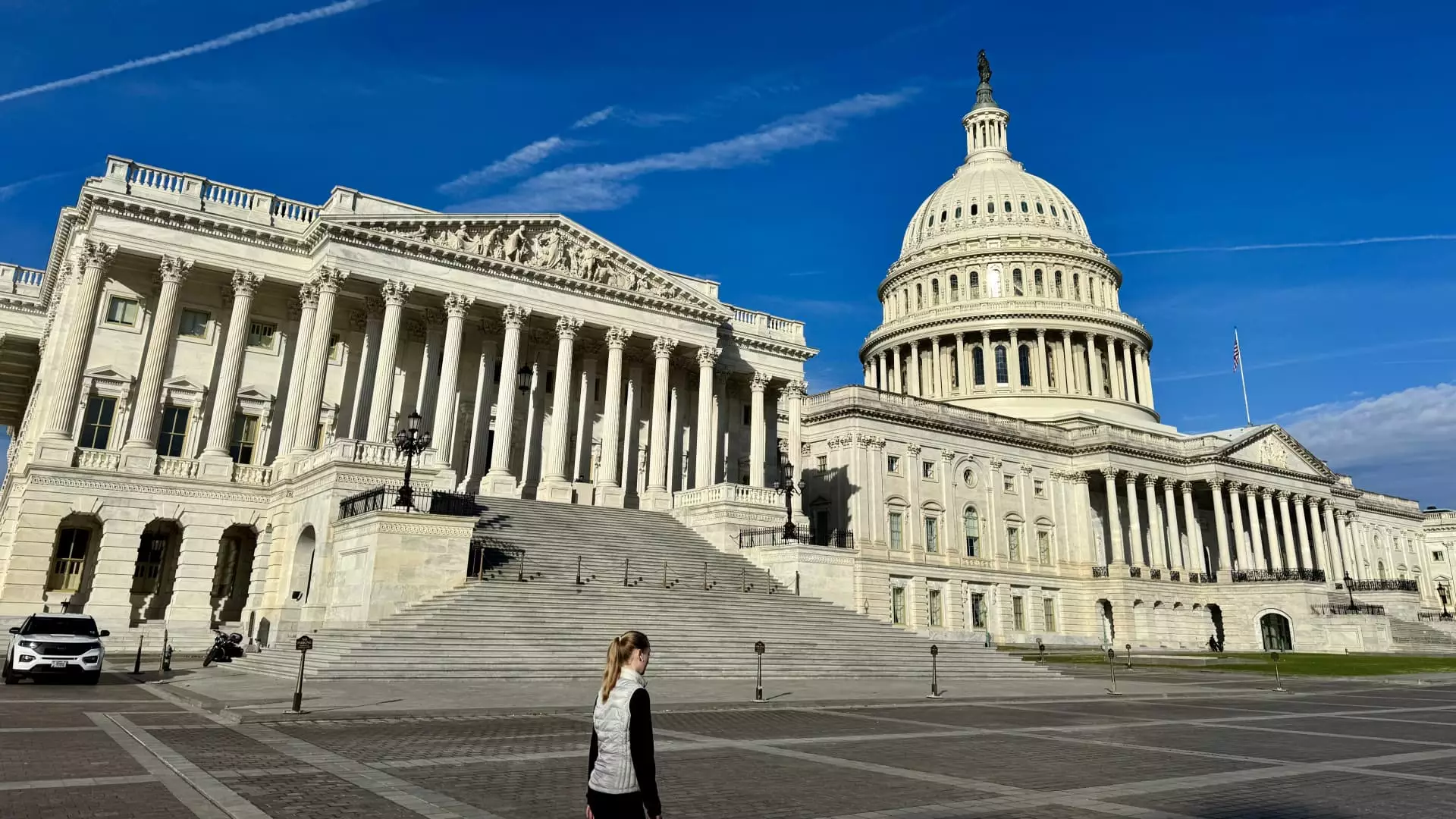In a disquieting turn of events, several members of Connecticut’s congressional delegation received bomb threats at their residences just as they were gearing up for Thanksgiving celebrations. While no explosives were discovered, the news has stirred considerable unease regarding the rising volatility in political discourse and the safety of public officials.
Democratic representatives, including Jim Himes, Jahana Hayes, Joe Courtney, and John Larson, publicly acknowledged being targets of these threats through written statements. The spokesperson for Senator Chris Murphy confirmed that he, too, was embroiled in the frightening episode. Reports indicate that Senator Murphy’s home in Hartford was specifically singled out, with his office suggesting that the threat might form part of a broader, coordinated attack against several public figures and congressional members.
The situation escalated when Hayes disclosed on social media that she had been alerted by law enforcement about a threatening email indicating that a pipe bomb had been placed in her mailbox. In an unsettling echo of Hayes’s experience, Himes shared that he had also been notified about a bomb threat at his residence. Both representatives expressed relief and gratitude that law enforcement acted promptly and no explosives were ultimately found. Himes’s statement emphasized the need for peace and civility, especially during the holiday season, hinting at a collective responsibility to curb political violence.
First responders from local and state police departments took swift action to investigate these threats. Hayes praised their efforts and urged for a society where political violence is unequivocally rejected. Similarly, Congressman Courtney commended the law enforcement officers, stating that their prompt response should deter potential perpetrators from making such unjustifiable threats.
However, nuances lie in the follow-up actions post-investigation. While local police have acknowledged the continuing investigation into these incidents, specific progress updates have been scant. The Vernon Police Department and Wolcott Police Department both confirmed their involvement, yet no suspects have been identified, and the email from which the threat originated is still under scrutiny. The recurring absence of information from the U.S. Capitol Police and the FBI only adds layers of frustration surrounding transparency and timely updates.
The bomb threats against Connecticut lawmakers are part of a disturbing trend. A report from the Capitol Police indicated that over 8,000 threats against members of Congress were documented in the previous year, marking a significant increase from earlier statistics. These figures present a concerning portrait of the current political climate, where threats and intimidation against lawmakers appear to escalate continuously.
The tension surrounding these threats cannot be discussed without acknowledging the political landscape that often incites such behavior. The direct correlation between heated political campaigns, divisive social issues, and the propensity for alarming acts of violence is becoming increasingly evident. As political discourse grows more polarized, the concern for the safety of elected officials—and by extension, the democratic process itself—grows in urgency.
The recent study of bomb threats targeted at Connecticut representatives serves as a wake-up call to both lawmakers and citizens alike. It reminisces a time when political differences were debated rather than attacked, urging the national consciousness to recognize that violence is never a viable solution. Each threat against a representative represents not just an attack on an individual, but an unsettling commentary on the state of democracy.
As the investigation continues and the holiday season approaches, reflections on attaining civility and respect in political discourse take center stage. Addressing the root causes of this violence should be a collective endeavor, paving the way for a future where threats are transcended by dialogue, understanding, and civility. The responsibility lies with all sectors of society, from political leaders to their constituents—to nurture an environment where discussions remain spirited yet respectful.

Leave a Reply